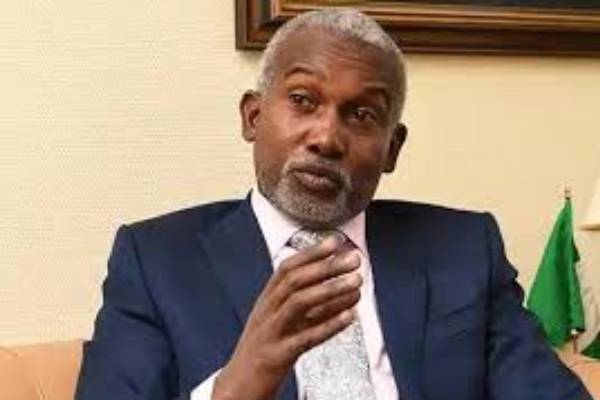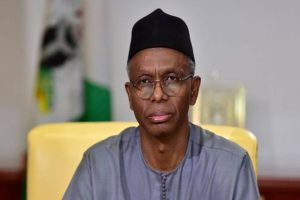The Federal Government has rejected the United States’ justification for its recent visa restrictions on Nigerians, describing the claim of reciprocity as inaccurate and misleading.
In a statement issued on Wednesday, the Presidency reaffirmed that Nigeria continues to grant U.S. citizens five-year multiple-entry non-immigrant visas in accordance with existing bilateral agreements.
The clarification follows an announcement by the U.S. Embassy in Abuja on Tuesday that, with immediate effect, most non-immigrant visas issued to Nigerians would be valid for only three months and a single entry. Previously, many Nigerian applicants were eligible for visas valid for up to five years.
Special Adviser to the President on Information and Strategy, Bayo Onanuga, described as false reports suggesting that President Bola Tinubu’s administration had altered its visa policy toward the U.S. He said Nigeria’s policy remains unchanged and guided by the principles of reciprocity and international cooperation.
“Contrary to misinformation and fake news circulating online, President Bola Ahmed Tinubu has never stopped issuing five-year multiple-entry visas for U.S. citizens,” Onanuga stated.
The Presidency explained that the 90-day single-entry validity only applies to a newly introduced electronic visa (e-visa), a fast-track digital alternative designed for short-term travellers and not a replacement for standard visa categories. The e-visa replaces the now-defunct visa-on-arrival policy, which was deemed inefficient and open to abuse.
“The e-visa is a fast, online process that does not require the applicant to visit the embassy. It is issued within 48 hours of submission,” Onanuga said, adding that it is part of President Tinubu’s drive to promote tourism, investment, and ease of doing business.
Foreign Affairs Minister, Ambassador Yusuf Tuggar, offered further context during a television interview, suggesting that the new U.S. visa stance may also be tied to Nigeria’s refusal to accept the deportation of 300 prisoners from Venezuela, a matter that has generated ongoing diplomatic discussions.
“We have our own challenges. It’s not acceptable to insist Nigeria must take Venezuela’s deportees,” Tuggar said. “This might just be the beginning of broader diplomatic tensions.”
The Minister dismissed claims of policy parity by the U.S., arguing that Washington’s action cannot be accurately described as reciprocal when Nigeria continues to offer five-year visas to American citizens.
Despite the situation, the Presidency insisted that Nigeria remains committed to maintaining strong ties with the U.S. and is open to further diplomatic engagements to resolve the issue.
In a similar move, the U.S. has imposed identical visa restrictions on Ghanaians, limiting most non-immigrant visas to three months and a single entry. Student and business visa categories are among those affected, while diplomatic visa holders are exempt.
The Federal Government urged the U.S. to reconsider its stance and engage constructively in a spirit of mutual respect and longstanding partnership.





